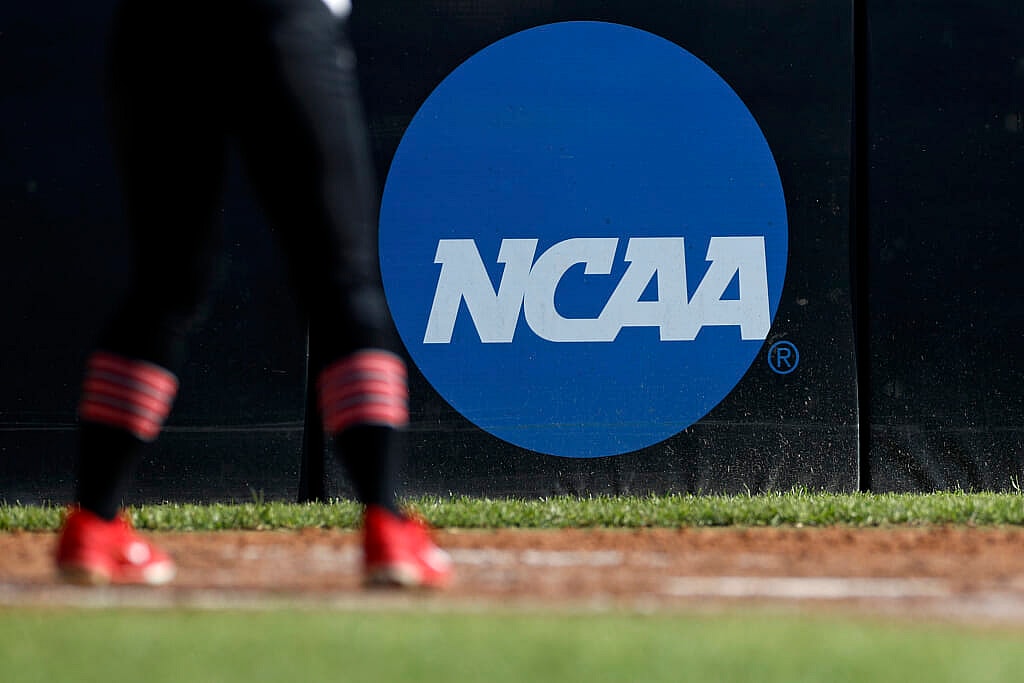The NCAA has adopted an interim policy that suspends the rules of amateurism for college athletes one day before name, image, and likeness legislation was set to be enacted in eight states.
With the implementation of this new rule, student-athletes in all 50 states will be able to benefit.
“This is an important day for college athletes since they all are now able to take advantage of name, image, and likeness opportunities,” NCAA president Mark Emmert said in a statement on Wednesday. “With the variety of state laws adopted across the country, we will continue to work with Congress to develop a solution that will provide clarity on a national level.”

“The current environment – both legal and legislative – prevents us from providing a more permanent solution and the level of detail student-athletes deserve.”
Student-athletes will now be able to leverage their name, image, and likeness for financial gain without violating NCAA rules.
The organization has long fought against the policy that would allow athletes to earn money despite the billions of dollars brought into their schools.
A 2018 opinion piece in The Undefeated posited that the previous NCAA rule made “Black student-athletes are essentially unpaid laborers supporting the billion-dollar behemoth that is the NCAA organization.”

The writer and other critics of the policy have long agreed that because of the rigorous schedules that student-athletes have been required to keep, many have been left in near-poverty even while playing sports for their schools.
Earlier this week, the U.S. Supreme Court sent another message to the NCAA. In a 9-to-0 ruling, the high court upheld a lower court’s decision that the organization’s restrictions on “education-related benefits” for college athletes violated antitrust law.
Justice Brett Kavanaugh wrote, “Nowhere else in America can businesses get away with agreeing not to pay their workers a fair market rate on the theory that their product is defined by not paying their workers a fair market rate. … The NCAA is not above the law.”
In addressing the ruling and the new policy change, Andrew Brandt of Sports Illustrated writes, “We are clearly at a transitional stage for the NCAA,” he adds, “Change is afoot, and change is usually a good thing.”
Have you subscribed to theGrio’s new podcast “Dear Culture”? Download our newest episodes now!
TheGrio is now on Apple TV, Amazon Fire, and Roku. Download theGrio today!

